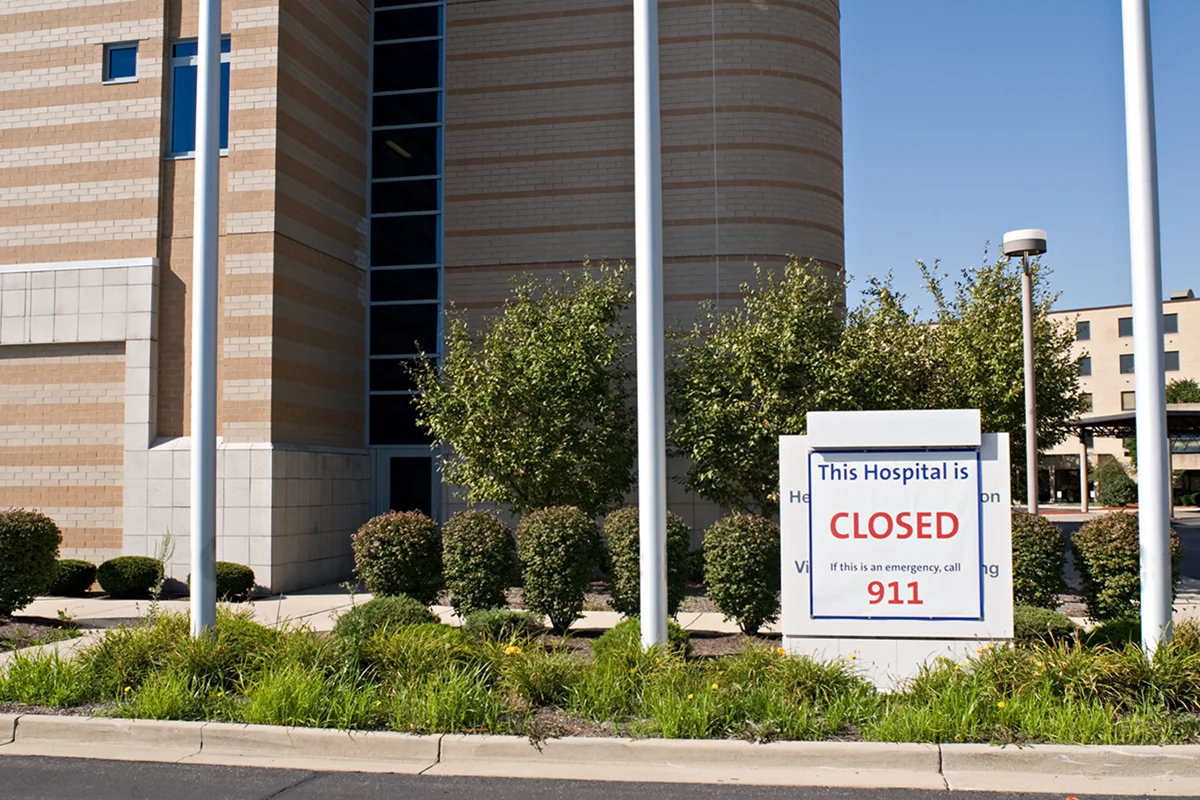Over the last three decades, the number of hospital closures has been steadily increasing in both urban and rural areas across the United States. The consequences of these closures are far-reaching and can significantly impact patients’ access to healthcare services. These consequences include increased travel times to reach medical facilities, potential delays in treatment for time-sensitive conditions, and, in extreme cases, higher morbidity and mortality rates. The COVID-19 pandemic further highlighted the importance of hospital care, as many areas faced critical shortages of hospital beds.
Recent studies have examined the effects of hospital closures on patient outcomes, but a team of researchers from the University of Chicago set out to identify the risk factors that contribute to hospital closures. While financial instability and low patient volume have long been discussed as potential causes, the researchers suspected that there were also extrinsic risk factors rooted in social inequities at the population level.
Elizabeth Tung, MD, Assistant Professor of Medicine at UChicago Medicine, shared her observations from the clinical frontlines. “There’s a sense among clinicians that hospitals serving more vulnerable patient populations struggle to stay financially afloat,” she said. However, existing literature had not yet provided a comprehensive analysis of the relationship between hospital closures and the socioeconomic and racial composition of communities.
The researchers’ study, published in the Annals of Epidemiology, aimed to fill this gap by exploring the connection between hospital closures and the socioeconomic and racial makeup of communities in the United States. Their findings revealed that hospitals in areas with higher poverty rates, lower median incomes, and larger minority populations were more likely to close, leading to a loss of essential healthcare resources for these communities.
In conclusion, the study provides valuable insights into the complex relationship between hospital closures and social inequities. The findings underscore the importance of addressing the root causes of financial instability in hospitals serving vulnerable populations to prevent further hospital closures and ensure equitable access to healthcare services.
*Note:
1. Source: Coherent Market Insights, Public sources, Desk research
2. We have leveraged AI tools to mine information and compile it




